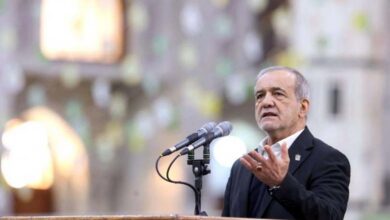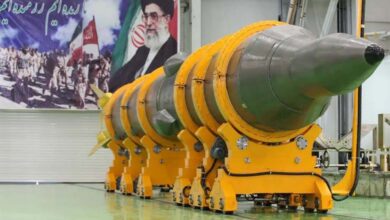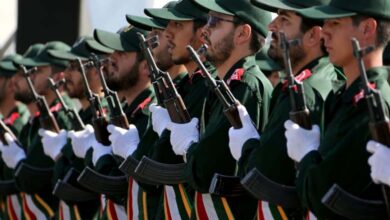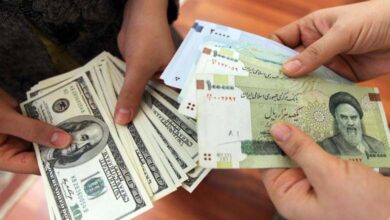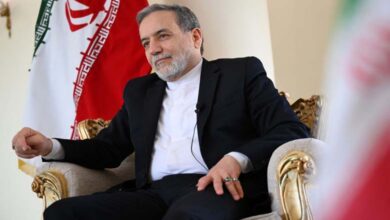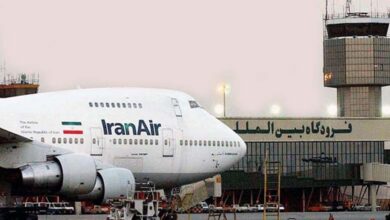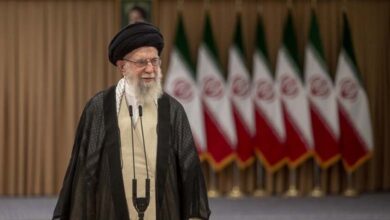Iran: Iranian authorities keep silent on the news of the death of the Supreme Leader after his health deteriorated
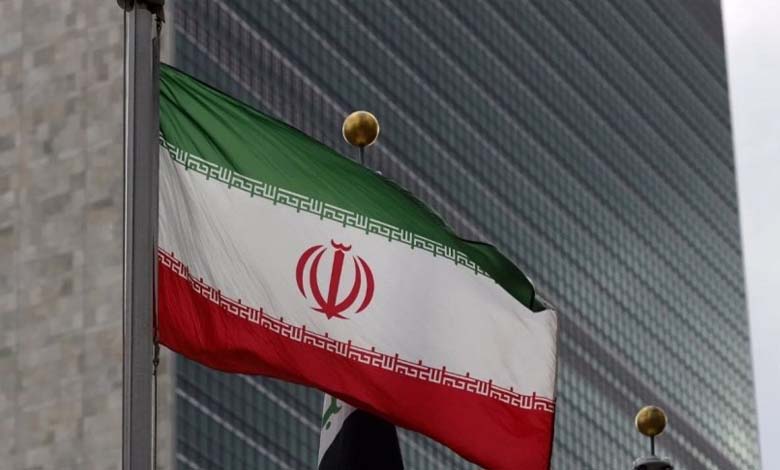
Iranian Supreme Leader “Ali Khamenei” has been making headlines on social media in the past few hours amid intensive circulation of news of his death, especially with the mysterious atmosphere in Iran and the state of government secrecy. Media outlets close to the media also denied the news circulated via social media about the death of Shiite Ayatollah Ali Khamenei in Tehran. Sources pointed out that Shiite Ayatollah Ali Khamenei has been suffering for several months from lung cancer, and that he receives special treatment manufactured for him by Iranian and foreign doctors, and that his condition is stable, despite the discovery of new cancer sites.
Last occurrence
A well-informed source revealed that Khamenei’s son Mojtaba has emerged in recent days as an alternative to his father, who is preparing to be his successor. Discussions have taken place over the past years about Khamenei’s role in forming the Iranian Revolutionary Guard Intelligence Service, his relations with Hussein Taeb, his deputy for the Supreme Leader in managing the cultural and financial institutions under Khamenei’s supervision, and no official statement has been received from government agencies regarding the death.
Deterioration of his condition
Iranian sources spoke of Ali Khamenei transferring power to his son Mojtaba due to his deteriorating health condition. The Iranian supreme leader is suffering from cancer in a late state. Senior doctors were called to the hospital where he is being treated. Ali Khamenei was subjected to several attempted murders. Khamenei narrowly escaped an assassination attempt by the People’s Mujahedeen when a bomb hidden in a recording device exploded next to him in 1981. Last year, a report of Iranian Supreme Leader Ayatollah Ali Khamenei’s approach to death, after a tweet by Khamenei said: I ask all of you dear ones to pray for me. The tweet also raised speculation about what it means for the Biden administration’s efforts to revive and strengthen the Iran’s 2015 nuclear agreement, which Donald Donald Trump has given up arms control for three years.
Previous media reports indicate that Iran has talked about possible scenarios in case the health of Supreme Leader Ali Khamenei deteriorates or dies suddenly. The 83-year-old is considered the highest political authority in the country, and his successor in this position is of great importance in Iran.
How to Choose a Mentor
The Supreme Leader (Khamenei is only the second since the Iranian Revolution in 1979) is chosen by an 88-member body known as the Assembly of Experts. The members of the Assembly of Experts are elected by the Iranians every eight years, but the candidates for this body must be approved by the Council of Guardians. Members of the Council of Guardians are chosen, directly or indirectly, by the Supreme Leader. The Iranian Constitution stipulates that the Assembly of Experts directly elects the Supreme Leader, who remains in office until his death, and can only be dismissed by the Council itself if proven incompetent.


